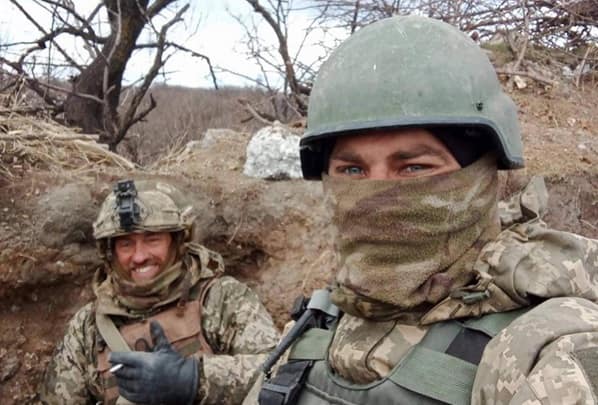
"Hooded and bound, I was dragged into a room, my leg pulsing in agony, blood already clotted around the makeshift pressure bandage someone had improvised from a blue T-shirt and a length of Sellotape. I suppose I should thank my luck, or my captor's twisted sense of decency, that the same Russian soldier who stuck a knife in me later decided to patch me up after a round of brutal questioning."
"Make no mistake: when you're captured and taken prisoner, you are no longer in control. It's not like the films. There's no dramatic music, no brave Arnie quip, no well-timed rescue, and definitely no overpowering the one stupid guard. What follows is a test of instinct, not heroism. It's never one guard. It's three. All armed. All with batons, cattle prods, and an inflated sense of purpose."
"Unpredictability becomes your worst enemy at the point of capture. You start thinking in seconds, not hours. One wrong word, one flicker of defiance, and the next decision made about you could be final. Even something as simple as not understanding a basic command could cost you dearly. " Сидеть!" - pronounced see-DYET - means to sit or to be sitting. Mishear that, or hesitate for too long, and within five minutes you could be nursing a broken rib... or worse."
Capture immediately removes agency and forces a focus on survival, not heroism. Physical wounds and improvised medical care coexist with deliberate cruelty, pain, and unpredictable violence. Captors often operate in groups, armed with batons, cattle prods, and weapons, enforcing compliance through intimidation and torture techniques including electricity. Survival relies on diplomacy, damage control, acute attention to sounds, and precise understanding of commands and cultural cues. Seconds determine outcomes; hesitation or misunderstanding can produce severe injury. Persistent questioning seeks key information while captors exploit fear and unpredictability to break resistance. The experience reduces victims to reading faces, tones, and timing to avoid fatal mistakes.
Read at London Business News | Londonlovesbusiness.com
Unable to calculate read time
Collection
[
|
...
]